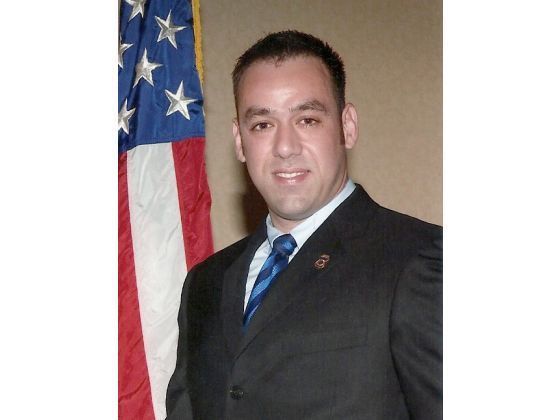U.S. Sen. John Cornyn has filed the Jaime Zapata and Victor Avila Federal Law Enforcement Protection Act that would clarify that federal law protects federal officers and employees serving overseas.
Cornyn filed the bill after the D.C. Circuit Court of Appeals’ in January vacated the murder convictions of Jose Emanuel Garcia Sota, aka “Zafado,” and Jesus Ivan Quezada Pina, aka “Loco,” who were convicted of murdering Zapata
Zapata, an Immigration and Customs Enforcement agent and Brownsville native, was killed Feb. 15, 2011, at a roadblock near San Luis Potosi, Mexico, in an attack by suspected members of the Zetas drug cartel. Agent Avila was wounded in the attack.
Although the men accused of killing Zapata were found guilty and received life sentences, their murder convictions were vacated and remanded to a lower court because they were killed outside the United States.
A portion of the court ruling states “Because we vacate the defendants’ convictions under 1114, we remand their case for a limited resentencing in which the district court may determine whether to modify its sentence in light of our vacatur.”
Cornyn’s bill, which was filed on Thursday, would “clarify that federal law clearly and unequivocally protects federal officers and employees serving overseas.”
“Federal law enforcement officers make incredible sacrifices to protect Americans both on and off American soil, and they deserve our support no matter where they’re stationed,” said Cornyn in a statement. “This bill in honor of the brave Special Agents Jaime Zapata and Victor Avila will make it clear once and for all that we have our federal agents’ backs.”
Cornyn’s bill amends section 1114 of title 18, United States Code by adding the word “extraterritorial jurisdiction.”
Authorities said Zapata struggled with his assailants as they tried to drag him out of the vehicle. Zapata was shot at least three times with the bullets going through the car window that had accidentally been cracked open. Authorities said 83 spent casings from AK-47 bullets were found at the scene.
Days after the attack, authorities said Zapata and Avila had traveled to San Luis Potosi to meet with U.S. personnel assigned to Monterrey to pick up some equipment.
“We don’t know if they were scoped while they were at the Subway or not, but when they left they were immediately followed by two vehicles,” said U.S. Rep. Michael McCaul, R-Texas, chairman of the House subcommittee on Homeland Security Oversight and Investigations, in an interview days after the shootings. One of the vehicles got in front of them and the other behind. There were more than 10 aggressors, the lawmaker said.
“The car in front slammed on the brakes. Agent Zapata, who was driving, collided with the vehicle in front,” McCaul said. The doors to the SUV became unlocked and one of the aggressors tried to open the driver’s side door.
“During this time the agents were yelling out, ‘We’re Americans, we’re diplomats,’” McCaul said, but the attack continued. Zapata was trying to close the door to the SUV and in the process hit the window control, causing an opening through which the shots were fired toward the special agents.
One of seven defendants in the case reportedly told Mexican authorities that Zapata’s death was a case of mistaken identity. He and others believed the Suburban in which Zapata and Avila were riding belonged to a rival drug cartel.
.




